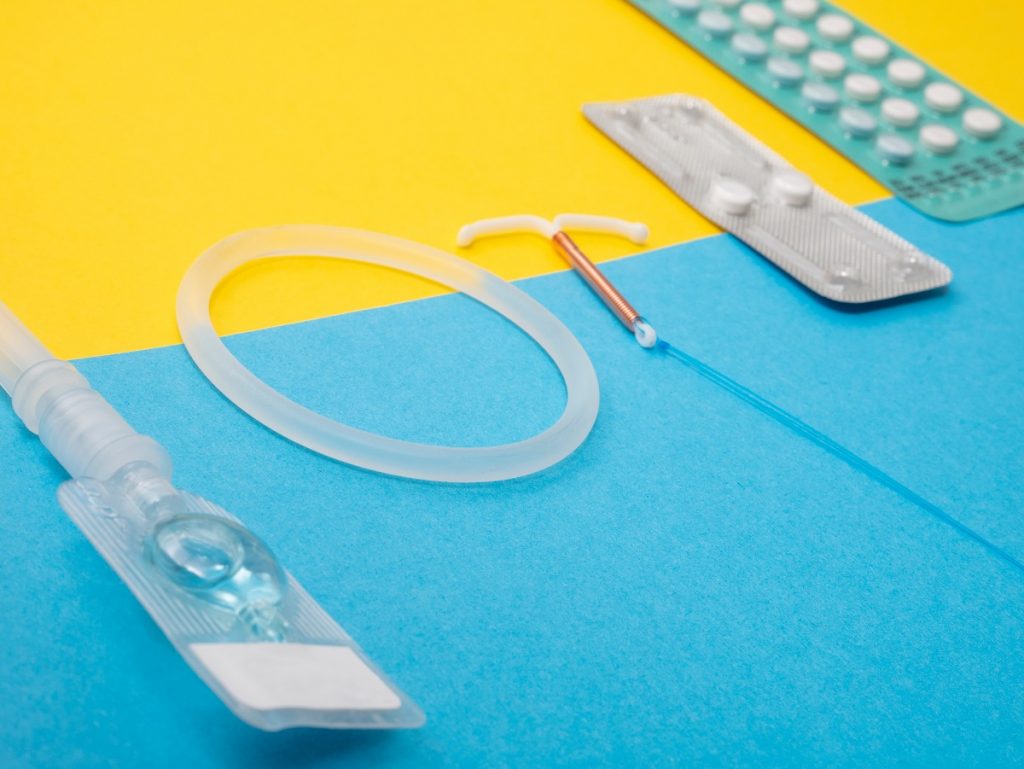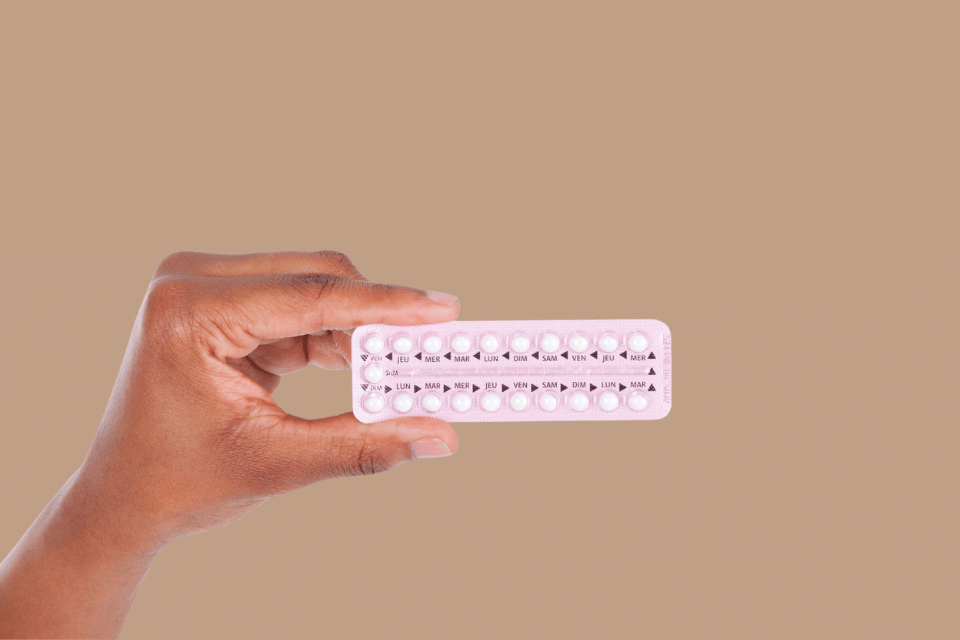When starting a new contraception, it’s important to follow a few simple rules for success and make sure everything’s working smoothly. Here’s what to know before starting your new method.
Before choosing a new contraception, get a health profile
Before starting a new contraception, it’s important to let your doctor know about your risk factors, any other medication you’re on and family history of disease, like diabetes, heart disease and any other diseases that a doctor can decide impacts your medication. “There are side-effects to almost all medications, if not all medications,” says Dr Desiree Gambushe, a medical doctor. “So you do not want to start anyone on anything that will be harmful to them.”
Book an appointment with Dr Desiree Gambushe here.
Hormonal contraception like the Pill, Patch, Injection and more, contain oestrogen-like hormones. “The very high level can play a role in worsening conditions like that with thrombosis and cardiac disease and blood pressure so consultation will always be key before initiating any method,” says Dr Gambushe. “Go see your doctor always, get a healthcare profile, find out what your risk factors are, and if you’re actually a suitable candidate for the contraceptive method that you’ve been wanting to try or that somebody else suggested.”
READ MORE: Period Pain Foods: The Exact Nosh That Make It Better – And Worse
Use the ‘no-gap’ method
There is no need to wait before taking your new contraception, says Dr Gambushe. “If you were taking one last week or yesterday, start taking a new one, as soon as possible, if you want to start it today you don’t have to wait for any period,” she says.
You might experience a breakthrough bleed
Breakthrough bleeding is very common, says Dr Gambushe. “Certain contraceptive methods, for example, the Implanon, and others as well can cause you to bleed for almost a month at a time but not heavy bleeding,” she says. However, if your breakthrough bleed has been going on for longer than you feel comfortable with, you can check with your doctor, who will give you medication.
“Breakthrough bleeding is common, it should settle. But when you start seeing bleeding with clots and bleeding that has some accompanying symptoms as well, like pelvic masses, severe pelvic pain, severe headaches, additional discharge, that’s when I would definitely say go to a doctor.” If treatments don’t make the breakthrough bleeding subside, you can then re-look the contraceptions.
READ MORE: Breakthrough Bleeding, Or Spotting: What It Is And How Long It Should Last
Side-effects depend on your contraception – and your body
It wouldn’t be fair to say that there would be a ton of side-effects, or even very little. That’s because side-effects vary from every body. You might experience headaches, mood swings, lowered or heightened libido and yes, you might experience breakthrough bleeding. “Breasts can be affected – they can feel a little bit tender or harder as well,” says Dr Gambushe. You might also experience weight loss or weight gain from the new contraception.
Use the double-barrier method
“Try to avoid any unprotected sex within the first seven days up to two weeks,” says Dr Gambushe. If you do have sex, always use condoms or another method of protection aside from your contraception. “There have been quite a few situations where patients came in, they got their contraceptive method of choice, and they came back two weeks later, pregnant,” she says. That’s because you may have been ovulating and didn’t give the chosen contraception enough time to work.
READ MORE: The Morning After Pill: Does It Affect Your Fertility?

